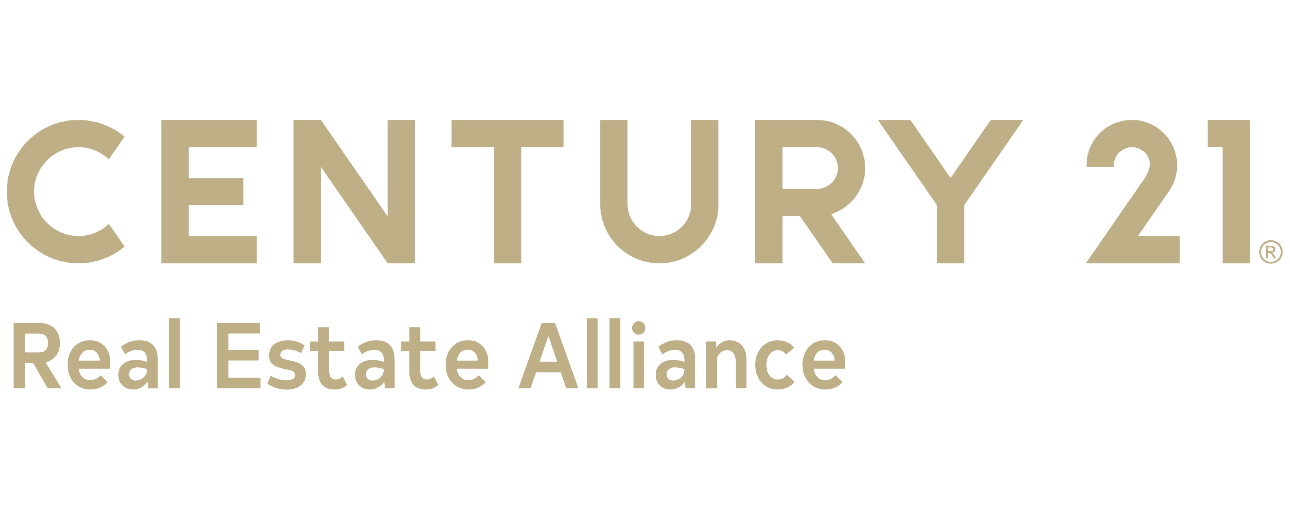In a recent conversation our president, Jorge Deleon was interviewed by Jennifer Felton, Esq. Principal Owner at RELAW, APC. In this enlightening conversation, Jennifer and Jorge delve into the mission and impact of the Real Estate Fraud Advisory Team (REFAT) in Ventura County, highlighting its origins, challenges, and ongoing efforts to combat the pertinent issues surrounding real estate fraud.
Key Takeaways
- Foundation: REFAT was established to address widespread fraudulent activities in the real estate sector, particularly related to foreclosure rescue scams.
- Mission: The primary mission is to protect consumers from becoming victims of real estate fraud through advocacy and education.
- Collaboration: REFAT operates as a collaborative effort among real estate professionals, emphasizing a mission of service rather than personal gain.
- Resources: The team provides a variety of resources, including an intake form for reporting fraud to the local District Attorney’s office.
Introduction
Real estate fraud remains a significant challenge in California, especially in Southern California. The Real Estate Fraud Advisory Team (REFAT) was born out of necessity to uphold the integrity of real estate transactions and ensure consumer protection. Jorge, the chairman of REFAT, shares insights into the group’s inception and its critical role in the community.
Origins of REFAT
- Understanding the Need: The formation of REFAT arose from incidents where homeowners were misled and defrauded, especially during foreclosure crises. A notable case involved a long-time leader in the local real estate sector who witnessed the devastating consequences of fraud on homeowners.
- Scams Addressed:
- Foreclosure Rescue Scams: Fraudulent schemes where individuals are persuaded to sign over property deeds in exchange for false promises of assistance.
- Equity Skimming and Wire Fraud: These scams involve illicit handling of property equity and manipulation of funds to defraud unsuspecting homeowners.
The Mission of REFAT
- Advocacy and Education: REFAT’s mission is centered on shedding light on real estate fraud, helping consumers recognize the risks, and providing them with the necessary tools to protect themselves.
- Community Involvement: The organization acts in collaboration with the District Attorney’s office, which plays an active role in fraud prevention and consumer protection.
Operating Principles
- Collaboration Over Individual Gain: All members of REFAT focus on the collective mission of serving the community, ensuring that efforts are not driven by personal agendas.
- Higher Standards of Responsibility: Being part of REFAT involves a commitment to uphold integrity and professionalism, recognizing the organization’s responsibility to educate and advocate for consumers.
Resources Available
Individuals who suspect they may be victims of real estate fraud can reach out to REFAT through:
- Website: rfat.org – Access to resources and information.
- Intake Form: A direct method to report suspected fraud, which will be forwarded to the local District Attorney’s office.
Conclusion
The Real Estate Fraud Advisory Team in Ventura County stands as a beacon of advocacy, dedicated to combatting fraud in the real estate industry. With an unwavering commitment to serving the community, REFAT not only protects consumers but also fosters a culture of integrity and accountability within the real estate sector. Jorge emphasizes that by working together and utilizing available resources, we can significantly reduce the incidence of real estate fraud and ensure safer transactions for all.
